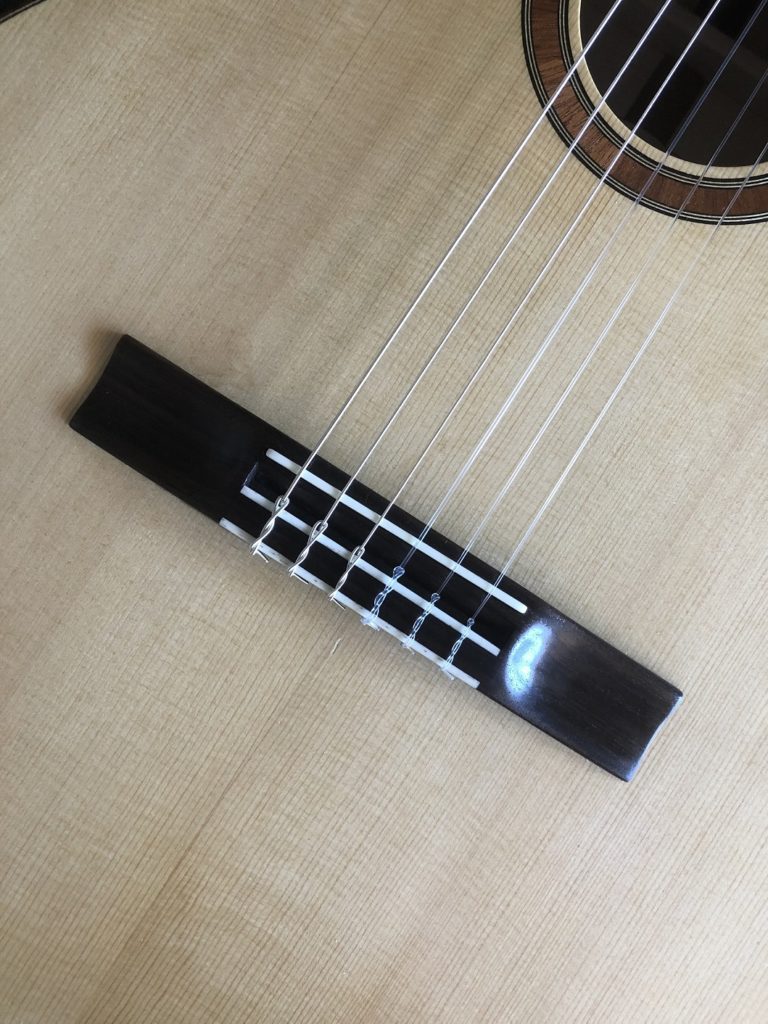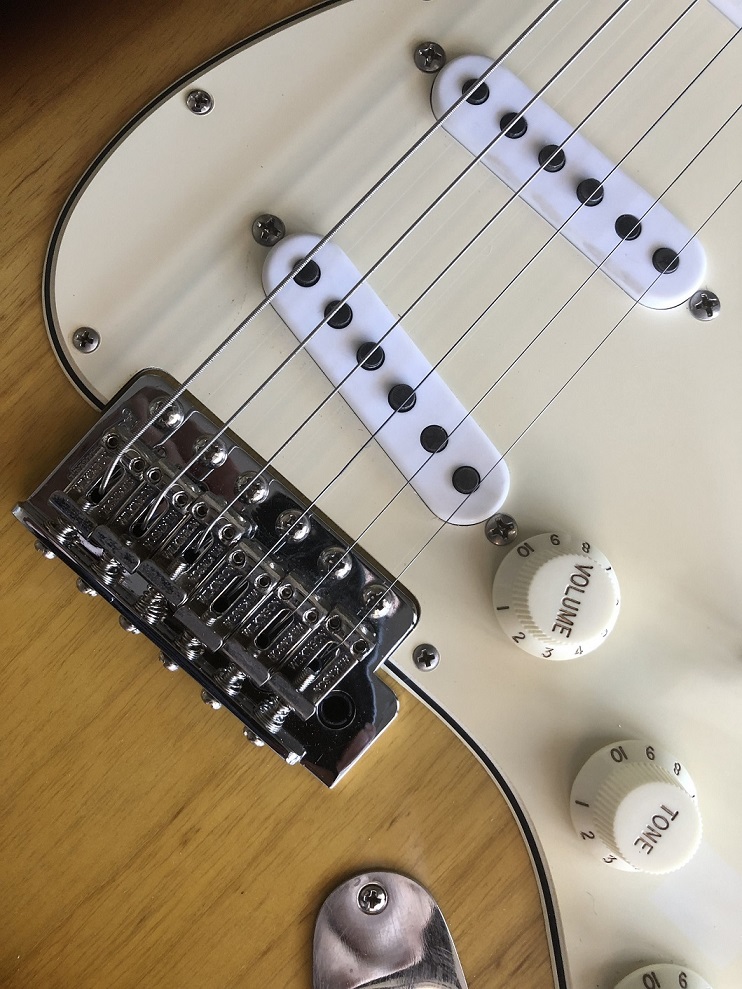Quick Guide
If you are unsure where to start, we have a recommended selection for each instrument here.
Acoustic Guitar

- The string material and gauge can impact on the sound.
- Phosphor Bronze strings are warmer sounding, 80/20 strings are brighter.
- The core material or core shape on wound strings can vary with hex shaped core sounding sharper with more clarity and round cores being slightly mellower.
- Light gauge strings require less effort to play, and tend to have better note separation. Heavier gauge strings require more left hand input and sound fuller.
Classical Guitar

- The string material and tension can impact on the sound.
- Nylon is softer and warmer, Carbon is louder and brighter.
- Low tension strings are often softer with more sustain, high tension strings are louder with a more pronounced attack.
- Heavier metals such and silver and gold can provide more sustain.
Electric Guitar

- The string material and gauge can impact on the sound.
- Gold or Nickel strings are warmer sounding, plain steel strings are brighter.
- The core material or shape on wound strings can vary with hex shaped core sounding sharper with more clarity and round cores being slightly mellower.
- Light gauge strings require less effort to play, and tend to have better note separation. Heaver gauge strings require more left hand input and sound fuller.
- Alloys such as Cobalt can provide more sustain.
Strings By Post – in tune with your needs.